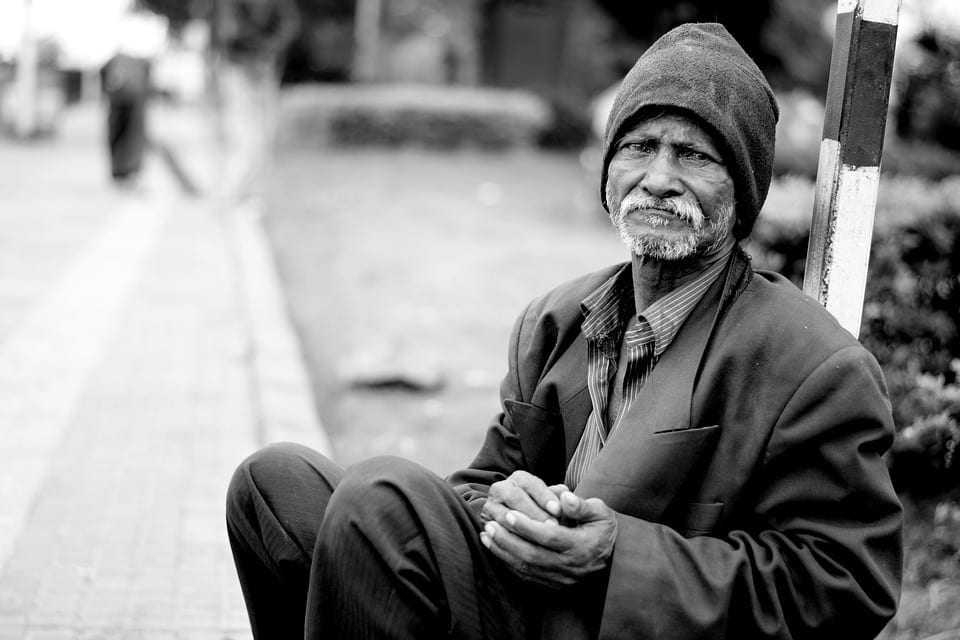According to a story from cancercompass.com, a recent study has demonstrated that income level is a significant factor in determining survival for patients with anal cancer. In general, the study found that lower income patients were more likely to die from their cancer in comparison to their wealthier counterparts.
Anal cancer is distinct form from the more common colorectal cancer. Anal cancer is typically squamous cell carcinoma, and is frequently associated with infection by HPV. In comparison to some forms of cancer, anal cancer is generally treatable with fairly good outcomes with radiation and chemotherapy. It also does not spread to other parts of the body as easily as most other cancers. Click here to learn more about this cancer type.
The data highlights a major disparity between the rich and poor when it comes to treatment access. Anal cancer generally responds well to treatment, which means that people that typically die because of it were simply unable to receive the treatment that they needed. The study also highlights the profound differences in general health outcomes between high income and low income people. Generally, rich people are healthier and live longer and are much more able to access the health resources necessary to treat illnesses when they appear. Even with the advent of programs like Medicaid, qualifying for it is not a simple process, and poverty alone does not qualify someone.
Poor people also have worse health outcomes because they are more likely to live in conditions where they are likely to be exposed to potential environmental risk factors for disease, such as lead paint, asbestos, and environmental pollutants. In the study, anal cancer patients’ risk of death was 32 percent higher if they were low income. The risk of death was also higher among patients that were male, black, older, and unmarried.





